Qissa-Kahani: Ba-naam “NAL DAMYANTI”
Traced back to antiquity, that is even before the Puarnas, this story was narrated for the sake of entertainment during the exile of the Pandavas.

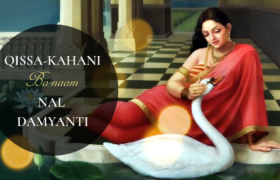
Traced back to antiquity, that is even before the Puarnas, this story was narrated for the sake of entertainment during the exile of the Pandavas.
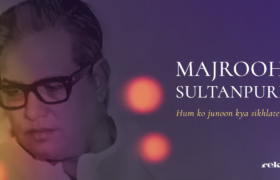
Majrooh Sultanpuri was one such poet who drew upon both and blended them together with distinction. He was a classicist in style and a romanticist in disposition. In addition, he was a humanist — a humanist at core.
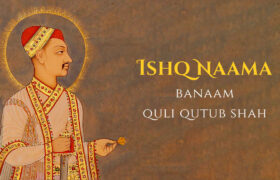
Quli Qutub Shah loved his flora and fauna, his people, and himself; he adored his romantic icons and eulogised them in his poetry.
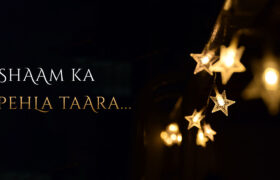
A woman of substance, courage and resilience, she is an ideal example of how a woman may play different roles all through her life. She once expressed that life gave her the material for poetry in all its variety as a mother, observer, traveller and learner.
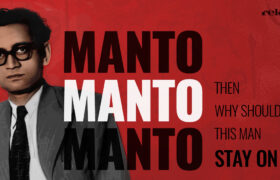
Shankara consumed poison to save humanity as Manto did to salvage life from its ugliness and literature from its sweet sermons. Manto was indeed the Neelkanth of Urdu fiction.
Enter your email address to follow this blog and receive notification of new posts.